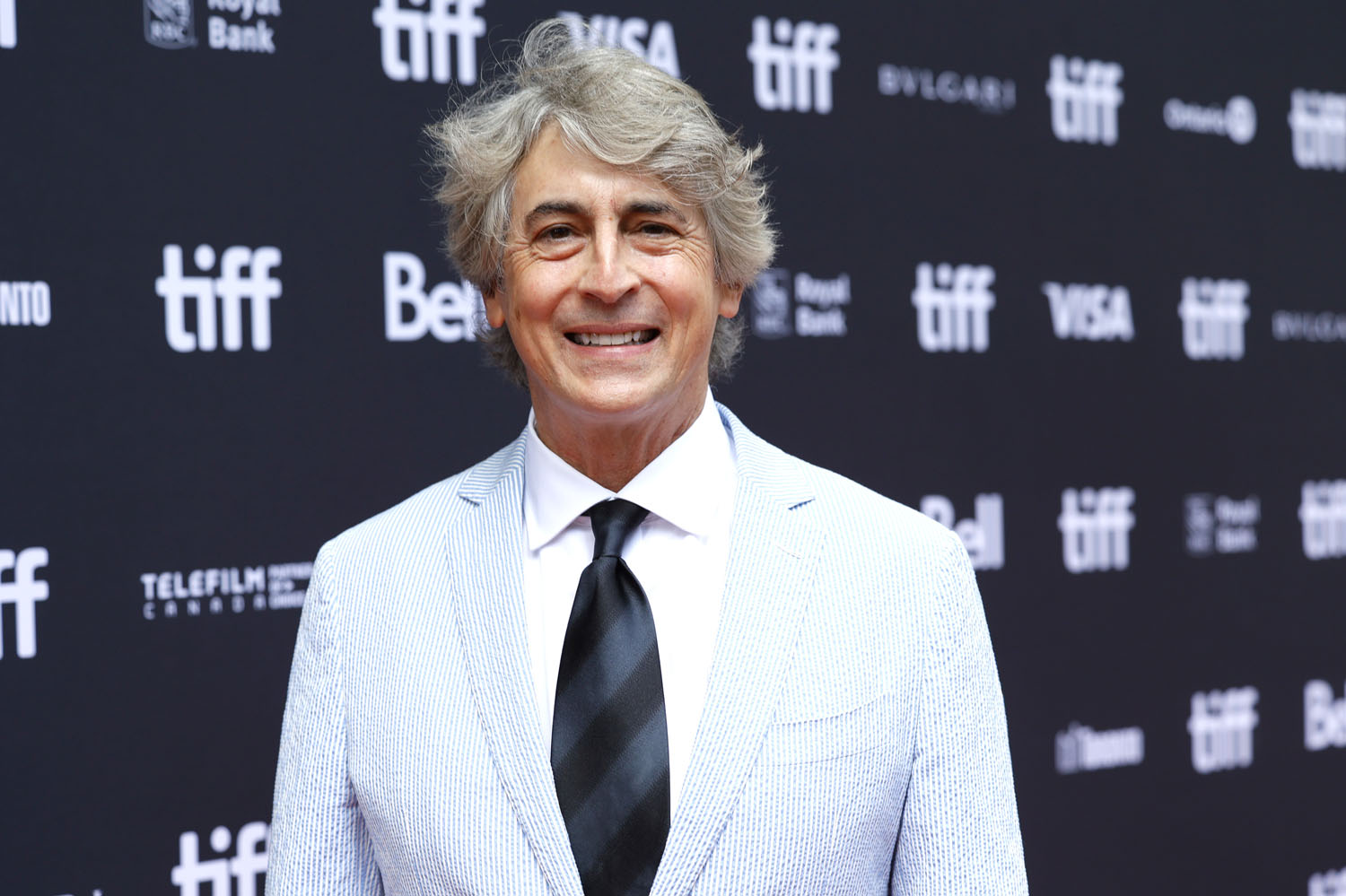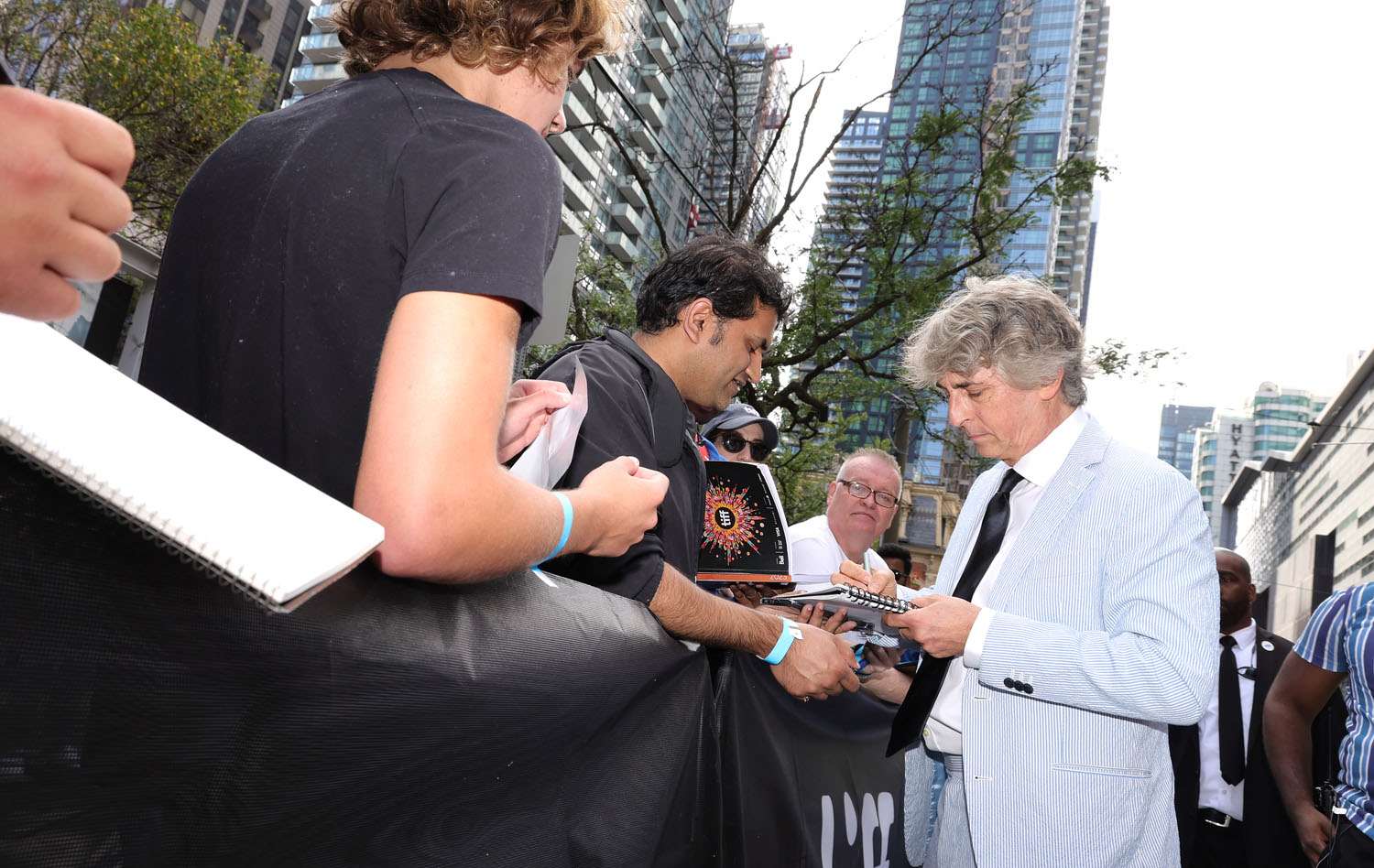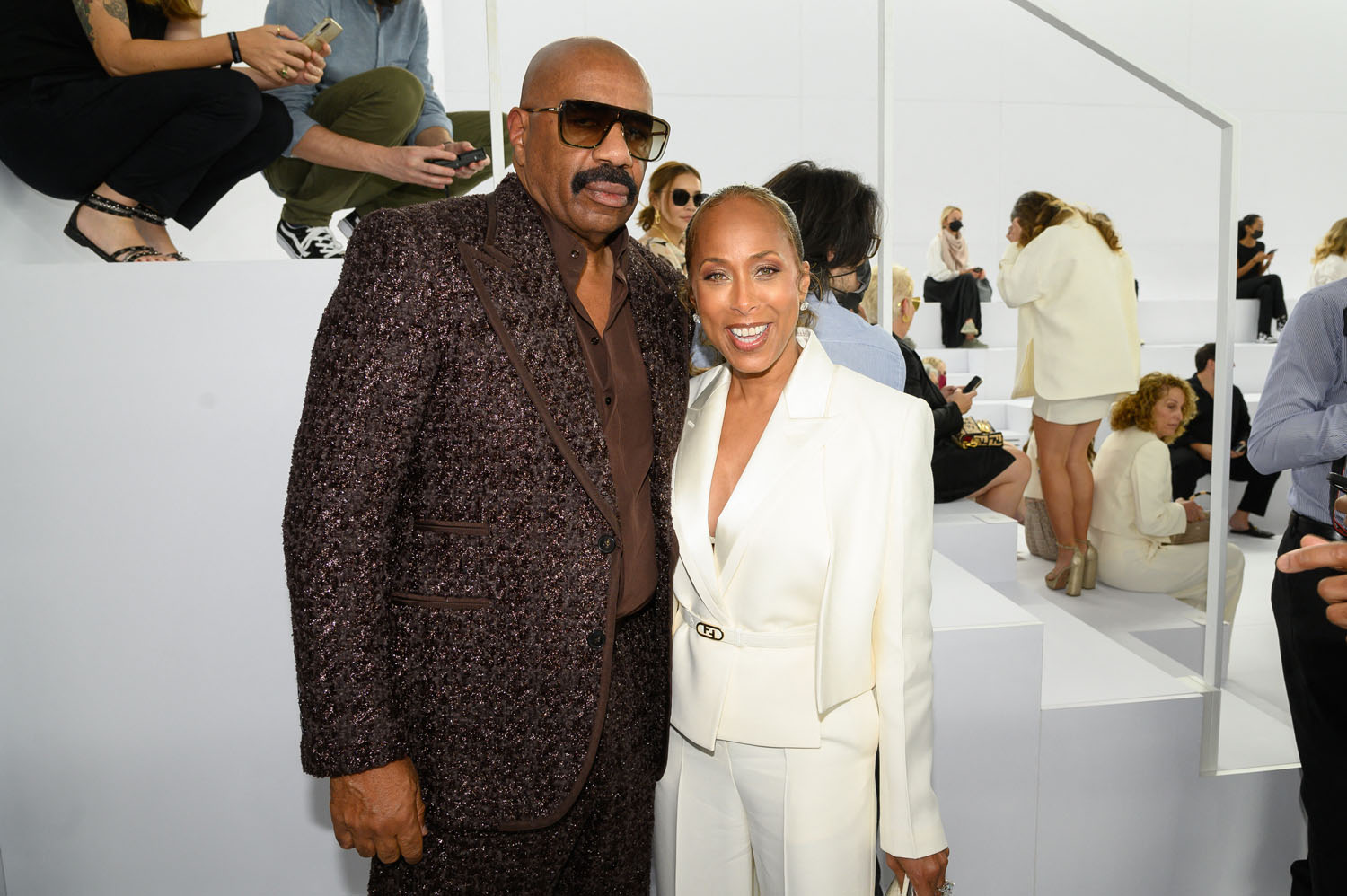TIFF Review: The Holdovers



It has been six years since Alexander Payne’s last film, Downsizing, and nineteen years since his previous collaboration with Paul Giamatti, Sideways. Now, Payne is back with The Holdovers, which once again sees Giamatti as his leading man. If Downsizing was a rare miss from Payne, The Holdovers is a return to form, a character-driven drama about unhappy people doing unlikely things powered by a trio of fabulous performances. It’s set in 1971 and feels like a film that could have been released in 1971, too; talky and leisurely paced, content to spend time with people doing little things that may or may not add up to big things.
Giamatti stars as Paul Hunham, an ornery, unpleasant, vindictive teacher at Barton, a posh boys’ school in New England (Payne is himself the product of a private prep school). He grades his students harshly and is in trouble with the headmaster—once upon a time, merely one of Paul’s students—for failing the son of a legacy family that has made significant donations to the school. In case you thought the issue of nepo babies and rich white people buying their dipsh-t failsons top-notch educations was new, Alexander Payne is here to remind you that it is very much not. Hunham is the kind of hilariously mean protagonist that dots many of Payne’s films, including About Schmidt, Sideways, and Nebraska, and Giamatti is clearly having the time of his life delivering Hunham’s cutdowns to his students.
One such student is Angus (Dominic Sessa), who is both smart—he gets the best grades in Hunham’s class—and angry. It’s easy for a character like Angus to become a caricature of misdirected youthful rage, but Sessa is a very good actor who brings just the right combination of venom and vulnerability to a young man teetering on the brink of adulthood and in no way prepared for it, all while dealing with a hidden loss. Plus, David Hemingson’s script is too good to under-write any character, let alone one of the main ones. Angus’s early angst slowly unwinds into a fuller portrait of a boy dealt some hard blows by life that his Richie Rich classmates have no clue about.
The final member of Payne’s unconventional and uncongenial holy family is Mary (Da’Vine Joy Randolph), the head cook at Barton whose son, a former student there, recently died in Vietnam. Mary is conspicuously one of the only Black people connected to the school, and Hunham points out to Angus that her son is the only recent “Barton man” to die in war. As good as Giamatti is in The Holdovers, Randolph is simply extraordinary, brimming with anger, hurt, grief, and simple kindness for Angus. You see, he’s been left behind at school during the holidays, forced to “hold over” during the two-week Christmas break, with Hunham and Mary as his only companions. Despite her own fresh grief, Mary makes an effort to provide Angus with something like familial warmth.
Hunham, not so much. He’s a product of a different era, formal in a way his students aren’t, clinging to scholastic ritual and rigor in the place of any recognizable human feelings. He also clearly resents the students, bemoaning their lack of intellectualism and curiosity. Mary, too, talks sh-t on some of the kids—including the repugnant bully, Teddy (Brady Hepner)—but coming from Mary, the issue is clearer. Despite working her ass off, and even with scholarships, her son wasn’t able to afford college, which meant having no student deferment once he was drafted. She is keenly aware her son was “cannon fodder”—to put it in Hunham’s terms—in a way the white boys at Barton are systematically protected from becoming. Though she obviously feels the unfairness of it, she never punishes Angus for it, recognizing that issue as much bigger than one kid at Barton.
Hunham, though, does seem to have a personal beef with the students, and as the films unspools, we piece together what happened. He has spent most of his life at Barton, is unmarried and questionably still a virgin, and while he has some quirks like trimethylaminuria, which lends his body odor a fishy smell, those are not the driving forces behind his Barton-centric life. The intersection of Hunham’s history and Angus’s future is where The Holdovers finds its grace. Some may find the finale a bit maudlin, maybe even saccharine, but it is earned after two hours of watching Hunham unbend enough to gain some understanding of Angus, and vice versa. It also feels like a conclusion Payne could only make at this stage in his career, a little older and maybe wiser than he was when Giamatti first snapped off insults for him in Sideways.
Despite touching on some heavy themes, especially around the issues of race, privilege, and the military industrial complex, The Holdovers is genuinely funny. It is a mix of melancholy, anger, and humor that feels right for a story set during the holidays, a time which often provokes complicated feelings in people. And while it does feature great performances from Paul Giamatti and Dominic Sessa, it also has that AMAZING turn from Da’Vine Joy Randolph. She is a delight to watch all the time, even when Mary is sunk in the depths of her grief.
The Holdovers is the kind of character-driven drama everyone constantly laments missing, so here is a perfect chance to support this sort of “for grown-ups, by grown-ups” filmmaking.
This review was published during the WGA and SAG-AFTRA strikes of 2023. The work being reviewed would not exist without the labor of writers and actors. The Holdovers will be exclusively in theaters from October 27, 2023.






